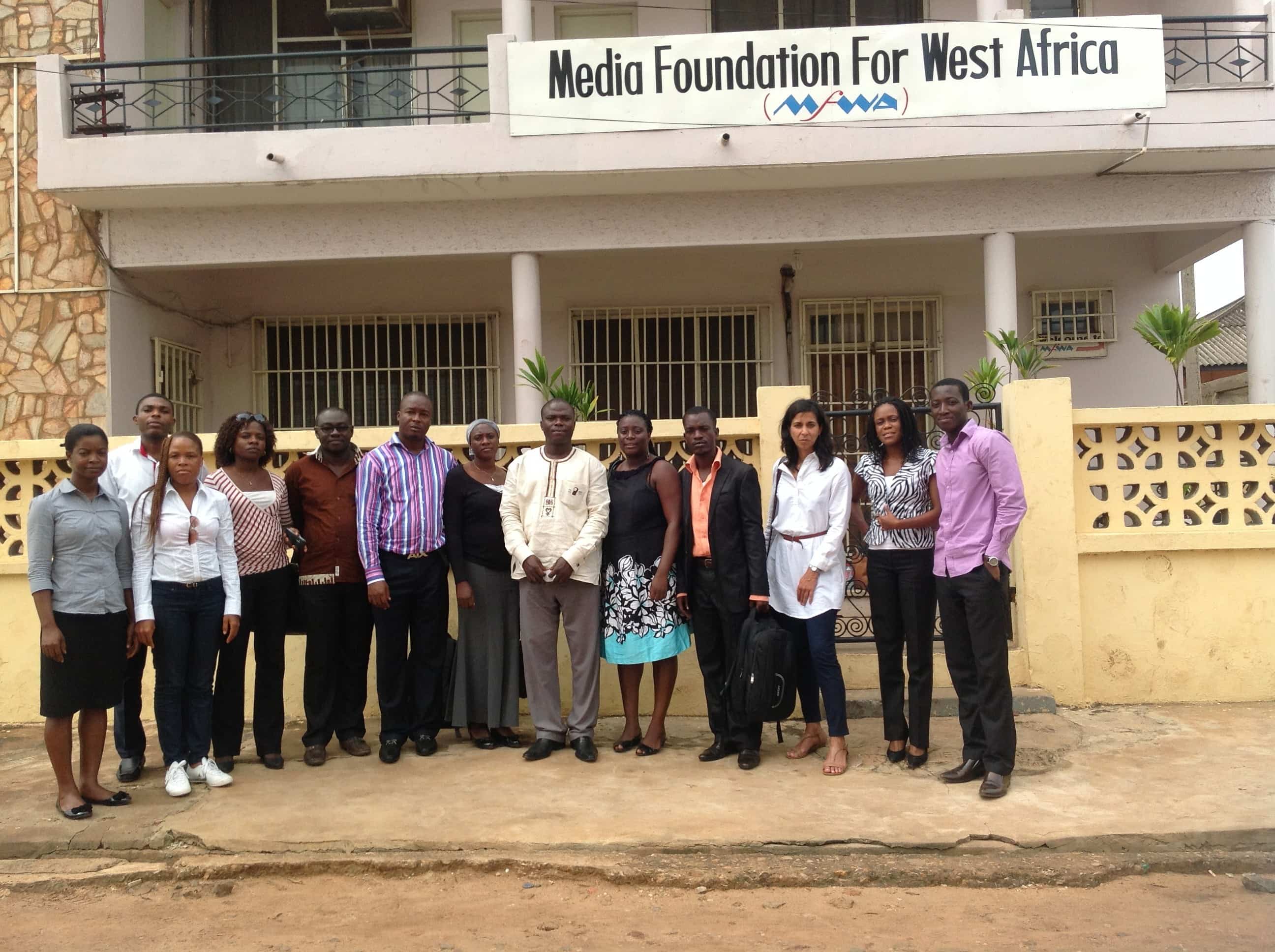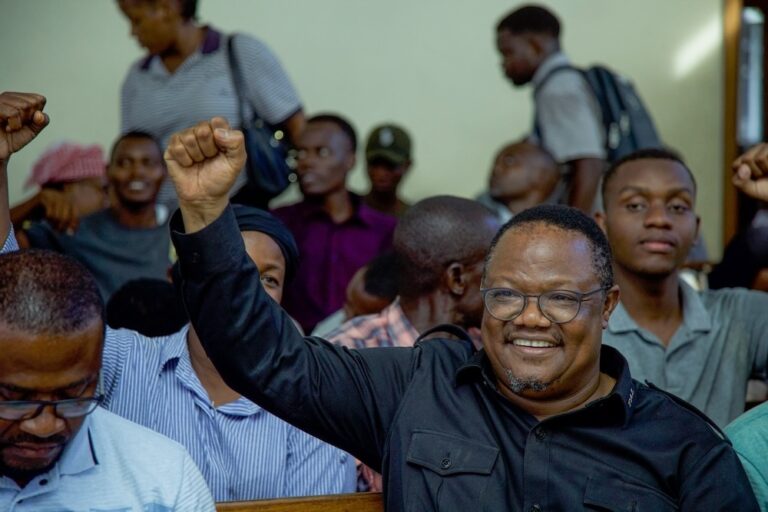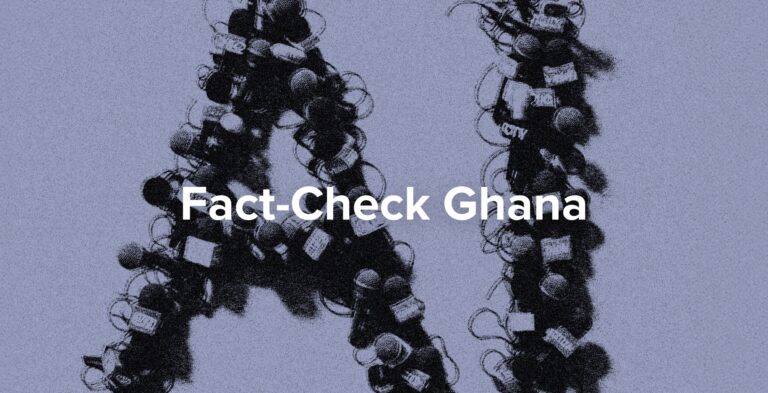Armed conflicts, violent activities of fundamentalist groups and drug cartels and general intolerance for free expression among a number of governments have been highlighted as major threats to the advancement of press freedom in the West African region.
Armed conflicts, violent activities of fundamentalist groups and drug cartels and general intolerance for free expression among a number of governments have been highlighted as major threats to the advancement of press freedom in the West African region.
These major threats to the media were highlighted by the Deputy Executive Director of the Media Foundation for West Africa (MFWA), Sulemana Braimah, during an interaction with a group of West African journalists at the offices of the MFWA.
The journalists – who are in Ghana for a training programme on reporting regional integration, organised by the Deutsche Welle Akademie – as part of their training, visited the offices of the MFWA to be briefed on conditions of press freedom in the region.
The MFWA’s Deputy Executive Director cited the on-going political crises in Mali, the incessant violent political clashes in Guinea, occasional attacks on journalists by drug cartels in Guinea Bissau, and activities of fundamentalist groups in northern Nigeria as examples of the major threats to press freedom in the region.
Other examples of the current threats to freedom of the media are related to the worsening conditions of freedom of expression in The Gambia and a creeping culture of press freedom antagonism among the ruling class in other countries such as Liberia and Togo.
“Despite the challenge of limited funding, the MFWA continues to pursue very effective press freedom and freedom of expression advocacy across the region, which is contributing to improving press freedom and freedom of expression conditions in the region,” Braimah said.
He added that one of such advocacy activities is an initiative to conduct an annual ranking of West African countries on conditions on free expression.
“In partnership with the US-based Freedom House, the MFWA will from 2014 begin rating West African countries on FoE conditions an published in what will be called West African Freedom of Expression Index,” he further explained.
With regard to The Economic Community Of West African States (ECOWAS) support to the cause of Freedom of Expression in the region, Mr Braimah mentioned the Press Freedom provisions under the ECOWAS Protocol on Democracy and Good Governance, and the setting up of the ECOWAS Community Court of Justice (ECCJ) as laudable initiatives. He, however, regretted that the provisions only remain in theory, while some member states continue to flout judgments of the court, thereby undermining its relevance and effectiveness.
“There is no use in having a court whose decisions are flouted by member states. The MFWA has, therefore, embarked on a massive advocacy including the formation of [Community Service Organization] CSO coalitions in some member states to contribute to strengthening the regional court by seeking compliance of its decisions among member states,” Braimah noted.



